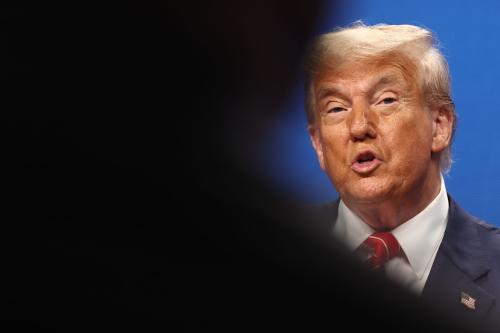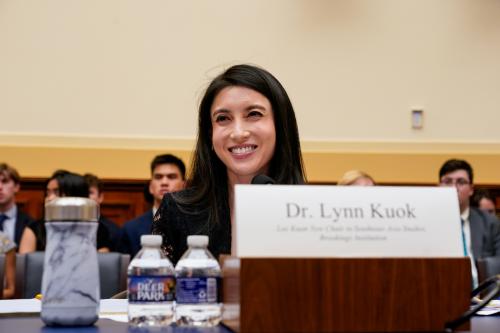Two years after being shaken by the 1997 financial crisis, there were significant political and economic changes in Malaysia. There emerged two blocs of parties- Barisan Nasional and Barisan Alternatif. During the 1999 election campaign, middle-classed parties and ethnic parties debated about national interest and ethnic interest repeatedly. The result was that Mahathir won his fifth tenure as prime minister and became the longest-serving leader in Asia.
In 1999 the Anwar Effect surprisingly fueled the Reformasi movement. To what extent this movement would be supported by the people and furthermore would shake Mahathir’s authoritarian regime was political observers’ main concern. From a historical perspective voters’ choice could bring about a two-party system and end BN’s predominant one-party hegemony. This was the hope of democracy pursuers.
The political culture in Malaysia is fragmented in the multi-racial and multi-cultural society. It is difficult to take care of the individual interests of specific ethnic groups. The Administrative State controlled by the ruling coalition closely monitored civil society . The Anwar Event offered a chance for civil society and non-governmental organizations to cooperate. As Farish Noor explains, ‘it is precisely because of its lack of exhaustive content that the concept of Reformasi has become so effective as a tool for political and ideological confrontation.
The Brookings Institution is committed to quality, independence, and impact.
We are supported by a diverse array of funders. In line with our values and policies, each Brookings publication represents the sole views of its author(s).



Commentary
A Structural Analysis of the 1999 Malaysian General Election: Changing Voting Preference of Ethnic Chinese and Malay Groups and Party
March 1, 2002